Melatonin For Sleep: Why This Nighttime Hormone Matters
When stress follows you from your desk into the dark, falling asleep can feel less like a reflex and more like work. Many people turn to melatonin for sleep at that point, hoping a small tablet can quiet a busy mind and bring back a natural rhythm.
Melatonin is a hormone your brain makes in response to darkness. Rather than knocking you out, melatonin for sleep creates a state of calm readiness—a gentle nudge that tells your body, “It’s time to let go.” For some, natural production is enough. For others—especially those juggling demanding schedules, late‑night screens, or travel—supplemental melatonin for sleep can help restore balance.
Used thoughtfully, melatonin for sleep can support deeper sleep, faster sleep onset, and more consistent rest. The key is understanding what it does, when it helps, and how to use it safely.
How Melatonin For Sleep Works In Your Body
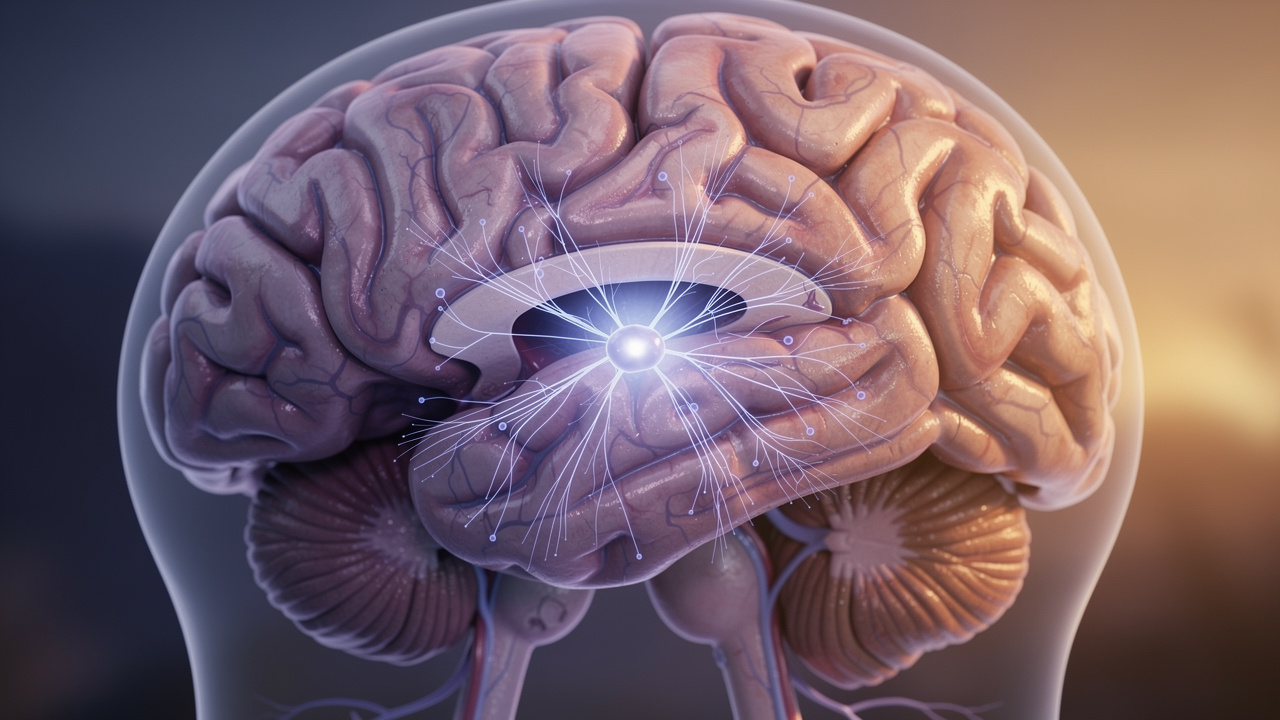
Melatonin is produced in a small structure deep in the brain called the pineal gland. Its release is guided by your internal clock—the circadian rhythm—which keeps track of the 24‑hour day using light and darkness.
From Light To Hormone: The Brain’s Night Signal
The process unfolds in a quiet chain of events:
-
Light Hits The Retina
Cells in the back of your eye don’t just form images; they also sense brightness. When evening light fades, these cells send a signal through the optic nerve to a region called the suprachiasmatic nucleus (SCN). -
The SCN Keeps Time
The SCN sits in the hypothalamus and acts as your master clock. When it senses darkness, it tells the pineal gland that night has arrived. -
The Pineal Gland Releases Melatonin
In response, the pineal gland converts serotonin (from the amino acid tryptophan) into melatonin. Blood levels of melatonin rise about one to three hours before your natural bedtime. -
Quiet Wakefulness, Then Sleep
Melatonin doesn’t sedate you the way a sleeping pill does. Instead, it encourages a state of quiet wakefulness that makes it easier for sleep to begin and deepen.
"Light is the most important synchronizer of the human circadian system." — Charles A. Czeisler, MD, PhD, Harvard Medical School
If you want to go deeper into the biology, the science behind melatonin explains this timing system in more detail.
Why Modern Life Disrupts Melatonin For Sleep
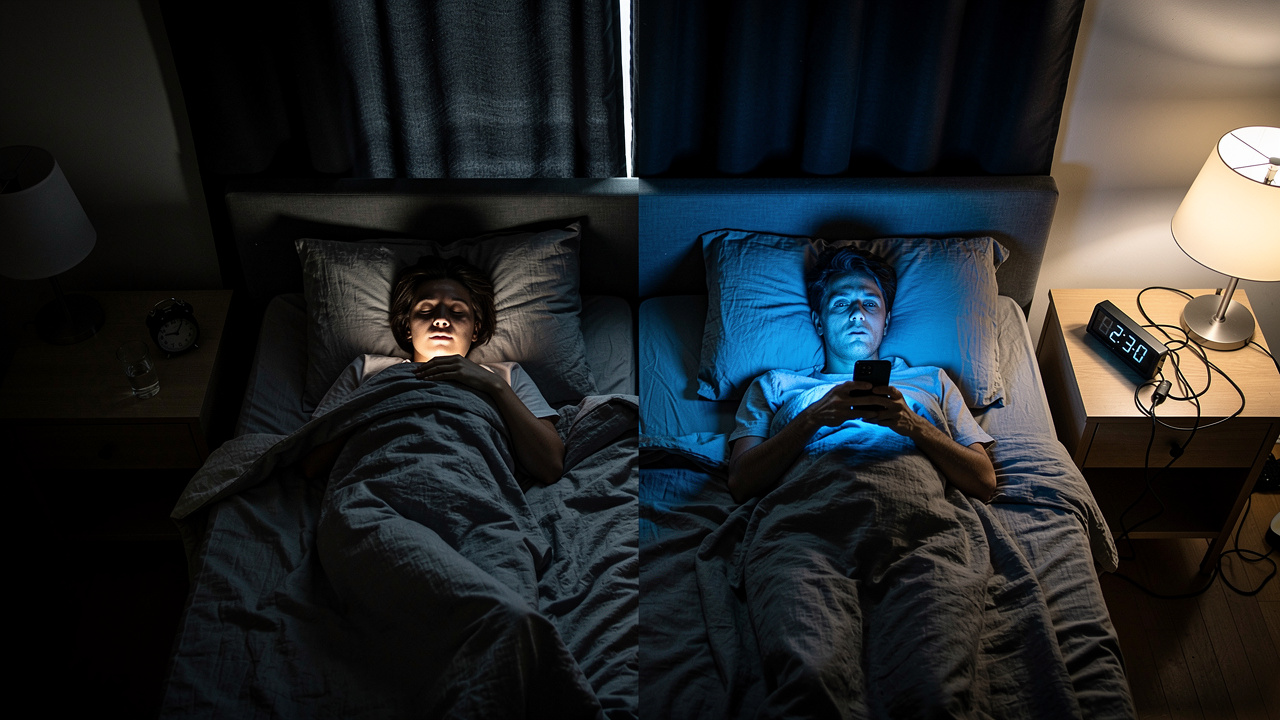
Several common habits blunt or delay melatonin release:
-
Bright indoor lighting late at night
-
Blue light from phones, laptops, and TVs
-
Irregular bedtimes and wake times
-
Night‑shift or rotating work schedules
-
Late‑evening caffeine or heavy meals
When this rhythm drifts later and later, melatonin for sleep supplements can help bring it back into alignment. Many people notice this as feeling wide awake at bedtime yet exhausted in the morning.
When Melatonin For Sleep Helps Most
Melatonin for sleep is not a cure‑all, but research supports its use for specific situations where timing—not just quantity—of sleep is off.
Occasional Insomnia And Stressful Periods
During stressful seasons—deadlines, caregiving, or major life changes—you may fall into a pattern of staring at the ceiling even when you are exhausted. In these cases, a low dose of melatonin for sleep about 30–60 minutes before bed can:
-
Shorten the time it takes to fall asleep
-
Ease the transition from a racing mind to rest
-
Support a more continuous night of sleep
If your main struggle is drifting off rather than staying asleep, a formula designed to help you get to sleep may be a good fit.
Delayed Sleep Phase (“Night Owl” Patterns)
Some people naturally feel wide awake at midnight and only sleepy in the early morning hours. This pattern is common in teens and young adults and is known as delayed sleep–wake phase disorder.
In these cases, melatonin for sleep can be taken earlier in the evening—often 2–4 hours before the desired bedtime—to gently shift the clock earlier. Over days to weeks, this can:
-
Move your natural “sleep window” into a healthier range
-
Make it easier to wake at consistent, earlier times
-
Reduce the social and work impact of late‑night alertness
Jet Lag And Shift Work
Travel across time zones and rotating shifts both disturb the circadian rhythm.
-
Jet lag: Taking melatonin for sleep about 2 hours before your planned bedtime at your destination for a few days can help your body adjust more quickly.
-
Shift work: For those who must sleep during the day, timed melatonin for sleep—combined with blackout curtains and light exposure during work hours—can improve both sleep quality and alertness on the job.
For people who wake often during the night or feel their sleep is light and unrefreshing, a targeted product such as deeper sleep may help support the full night, not just the first hour.
Forms Of Melatonin For Sleep: Pills, Gummies, And Nasal Sprays

The way you take melatonin for sleep affects how quickly it works and how long it lasts.
Common Forms
-
Immediate‑release tablets or capsules
Absorbed quickly; better for people who have trouble falling asleep. -
Extended‑release tablets
Release melatonin more slowly; may help those who fall asleep easily but wake often. -
Gummies
Popular for convenience and taste, though they can vary more in dosage and often appeal to children—raising safety concerns if not stored carefully.
Melatonin Nasal Spray
Melatonin nasal sprays deliver the hormone through the nasal mucosa, which is rich in blood vessels. This route:
-
Allows very rapid absorption
-
Bypasses the digestive system
-
Can be helpful when you need a quick onset of melatonin for sleep—such as after a late flight or an unexpectedly long workday
For a deeper exploration of this option, many people refer to “The Power of Melatonin Nasal Spray: A Comprehensive Guide”, which explains how this form compares to traditional oral supplements.
Quick Comparison Of Forms
|
Form |
Onset Speed |
Best For |
|---|---|---|
|
Immediate‑release tablet |
30–60 minutes |
Trouble falling asleep |
|
Extended‑release tablet |
1–2 hours |
Staying asleep through the night |
|
Gummy |
30–60 minutes |
Taste‑focused users (requires careful dosing) |
|
Nasal spray |
15–30 minutes |
Rapid onset, travel, or shifting schedules |
Dosage And Timing: Using Melatonin For Sleep Wisely
With melatonin for sleep, more is not better. Higher doses do not guarantee better rest and can increase side effects like morning grogginess or vivid dreams.
Adult Dosage Guidelines
-
Starting dose: 1–3 mg, taken 30–60 minutes before bedtime
-
Adjustment: Increase by 1 mg at a time only if needed, allowing several nights at each dose
-
Upper limit: Most experts advise not exceeding 10 mg per dose
Some adults respond well to as little as 0.3–0.5 mg, especially if they are sensitive to medications.
Timing For Different Goals
-
To simply feel sleepy (hypnotic effect):
Take melatonin for sleep 30–45 minutes before bed. -
To shift your sleep schedule earlier:
Take it 2–4 hours before your current bedtime. For example, if you naturally fall asleep at 1 a.m. but want to sleep at 11 p.m., a dose at 7–9 p.m. is often recommended. -
For jet lag:
Take melatonin for sleep about 2 hours before the intended bedtime at your destination. Start the night you arrive and continue for several days.
If you are combining melatonin with other ingredients, such as in a formula designed for deeper sleep, follow the product’s directions and your clinician’s guidance.
How Long To Use Melatonin For Sleep
Most data suggest that melatonin for sleep is safe for short‑term use, typically 1–2 months, though research on long-term use of melatonin continues to evolve with new findings about potential health effects. After that, it is wise to:
-
Stop for a week or two
-
See how your natural sleep rhythm responds
-
Consult your healthcare provider if problems persist
Melatonin for sleep is best used as a temporary aid while you also work on habits and routines that sustain restful nights on their own.
Side Effects, Interactions, And Who Should Avoid Melatonin For Sleep
Melatonin is generally well tolerated, especially at low doses, though research suggests long-term melatonin use for certain conditions may carry additional considerations that warrant discussion with healthcare providers. Still, it is a hormone, and respect for its power is important.
Common Side Effects
Some people notice:
-
Daytime drowsiness or grogginess
-
Headaches
-
Dizziness or a lightheaded feeling
-
Nausea or mild stomach upset
-
More vivid dreams or occasional nightmares
To reduce the risk of next‑day drowsiness, avoid driving or operating heavy machinery within about five hours of taking melatonin for sleep.
Less Common Or Higher‑Dose Effects
At higher doses, or in more sensitive individuals, melatonin for sleep can occasionally cause:
-
Short‑term low mood, irritability, or confusion
-
Stomach cramps or loose stools
-
Reduced appetite
-
Night‑time bedwetting or increased nighttime urination
-
Increased risk of falls in older adults
-
A greater risk of seizures in people already prone to them
Drug Interactions
Melatonin for sleep can interact with several medications, including:
-
Blood thinners (anticoagulants and antiplatelet drugs)
-
Anticonvulsants (seizure medications)
-
Blood pressure medications
-
Diabetes medications (melatonin may raise blood sugar)
-
Immunosuppressants
-
Hormonal birth control pills
-
Medications broken down by the liver
Combining melatonin with other sedating medications or herbs can also increase drowsiness. Because of these possible interactions, reviewing the science and speaking with your clinician before starting melatonin for sleep is important, especially if you take prescription medications.
When To Avoid Melatonin For Sleep
You should avoid using melatonin for sleep—or only use it under close medical supervision—if you:
-
Are pregnant or breastfeeding
-
Have an autoimmune disorder
-
Have a seizure disorder
-
Are being treated for depression
People with diabetes or high blood pressure should also check with their healthcare provider before using melatonin for sleep, as it can affect both blood sugar and blood pressure in some cases.
Melatonin For Sleep In Children And Teens
The use of melatonin for sleep has risen sharply in children and teenagers. While it can help in certain situations, it deserves special caution.
When It May Help
Melatonin for sleep may be considered—under pediatric guidance—for:
-
Neurodiverse children, such as those with ADHD or autism spectrum disorders who often struggle with falling asleep and staying asleep
-
Children who are blind, who lack light‑based cues for their circadian rhythm
-
Teens with delayed sleep–wake phase, whose natural sleep time drifts well past midnight
Even in these groups, melatonin for sleep should come after several months of:
-
Consistent bed and wake times
-
Screen limits in the evening
-
A calming, predictable bedtime routine
Pediatric Dosage Guidelines
Always consult a pediatrician first, but common guidance includes:
-
Younger than 2 years: Generally not recommended due to limited safety data
-
Children over 2 years:
-
Starting dose: 0.25–0.5 mg
-
May increase by 0.5 mg each week if needed
-
Maximum doses often suggested:
-
Up to 3 mg for children under 88 lb (40 kg)
-
Up to 5 mg for those over 88 lb
-
-
Parents or caregivers should always be the ones to administer melatonin for sleep, even to teens, to avoid accidental overuse.
Safety Concerns With Gummies
Because melatonin is sold as a dietary supplement in the US:
-
Dosages on labels may not match actual content
-
Child‑resistant packaging is not required
-
Gummy forms are especially tempting to children
Over the past decade, calls to poison control centers for accidental melatonin ingestion in children have climbed sharply. Store all melatonin for sleep supplements—especially gummies—out of sight and reach, just as you would prescription medications.
Quality, Labeling, And Choosing A Melatonin Supplement
Not all melatonin for sleep products are created equal. In the US, melatonin is regulated as a supplement rather than a drug, which means:
-
There is no strict pre‑market testing for dose accuracy
-
Some products may contain much more—or much less—melatonin than stated
-
Unlisted substances, such as CBD or other compounds, have been found in some products
This makes careful selection important.
What To Look For
When choosing melatonin for sleep:
-
Third‑party testing: Look for brands that use independent labs to verify content and purity.
-
Clear labeling: Dosage per serving should be easy to understand.
-
Appropriate strength: Start with lower‑dose products (1–3 mg for adults).
-
Minimal additives: When possible, avoid unnecessary artificial colors or sweeteners.
-
Thoughtful formulations: Some products, like deeper sleep, combine melatonin for sleep with other calming nutrients such as magnesium or botanical extracts for more comprehensive nighttime support.
Spending a few minutes understanding the science behind a formula can help you choose a product that aligns with your values and health needs.
Natural Ways To Support Your Own Melatonin For Sleep

Even if you use melatonin for sleep, your daily habits still shape how well you rest. Think of the hormone as a fine adjustment to a system that is mostly run by light, behavior, and environment.
"Sleep is the single most effective thing we can do to reset our brain and body health each day." — Matthew Walker, PhD, Why We Sleep
Align Your Schedule With Your Clock
-
Go to bed and wake up at the same times every day, including weekends.
-
Aim for morning daylight exposure—step outside or sit by a bright window soon after waking.
-
Protect your wind‑down time in the hour or two before bed.
Manage Evening Light
-
Dim overhead lights in the late evening.
-
Avoid phones, tablets, and computers for at least an hour before bed, or use blue‑light filters if screens are unavoidable.
-
Consider warm or red‑toned bulbs in lamps you use at night, as they have less impact on melatonin for sleep.
If you have ever noticed that scrolling your phone in bed seems to wake you up again, that is this light effect in action.
Create A Restful Ritual
-
Swap late‑night email or news for reading, stretching, meditation, or a warm bath.
-
Keep your bedroom cool, dark, and quiet.
-
Avoid caffeine after mid‑afternoon and heavy meals close to bedtime.
Nourish Melatonin Production
Certain foods support natural melatonin for sleep:
-
Tryptophan‑rich foods: Turkey, eggs, milk, nuts, and seeds
-
Melatonin‑containing foods: Tart cherries, bananas, oats
-
Omega‑3 sources: Fatty fish like salmon and mackerel, which support brain health and serotonin balance
If, after tending to these foundations, you still struggle with sleep depth, a gentle supplement such as deeper sleep can complement your routine, rather than replace it.
Bringing Melatonin For Sleep Into A Calm, Sustainable Routine
Melatonin for sleep sits at an interesting intersection of biology and choice. Your body already makes it in response to something as simple and ancient as darkness. Supplements are a way of gently echoing that signal when life pulls you off rhythm.
Used with care, melatonin for sleep can:
-
Help you fall asleep faster
-
Support you in staying asleep through the night
-
Ease transitions through jet lag, shift work, and stressful seasons
To weave melatonin for sleep into a healthy lifestyle:
-
Start with habits. Protect your sleep schedule, your evening light exposure, and your wind‑down rituals.
-
Add supplements thoughtfully. Choose high‑quality products, consider formulas designed to help you get to sleep or support deeper sleep, and begin with the lowest effective dose.
-
Consider delivery forms. Traditional tablets, extended‑release forms, and melatonin nasal sprays each have a place; resources such as “The Power of Melatonin Nasal Spray: A Comprehensive Guide” can help you understand those options.
-
Partner with your clinician. Especially if you have ongoing health conditions, are pregnant, or are considering melatonin for sleep for a child or teen.
When you align your environment, your routines, and your supplements, melatonin for sleep can be part of a steady, thoughtful approach to rest—one that supports both your nights and your days.
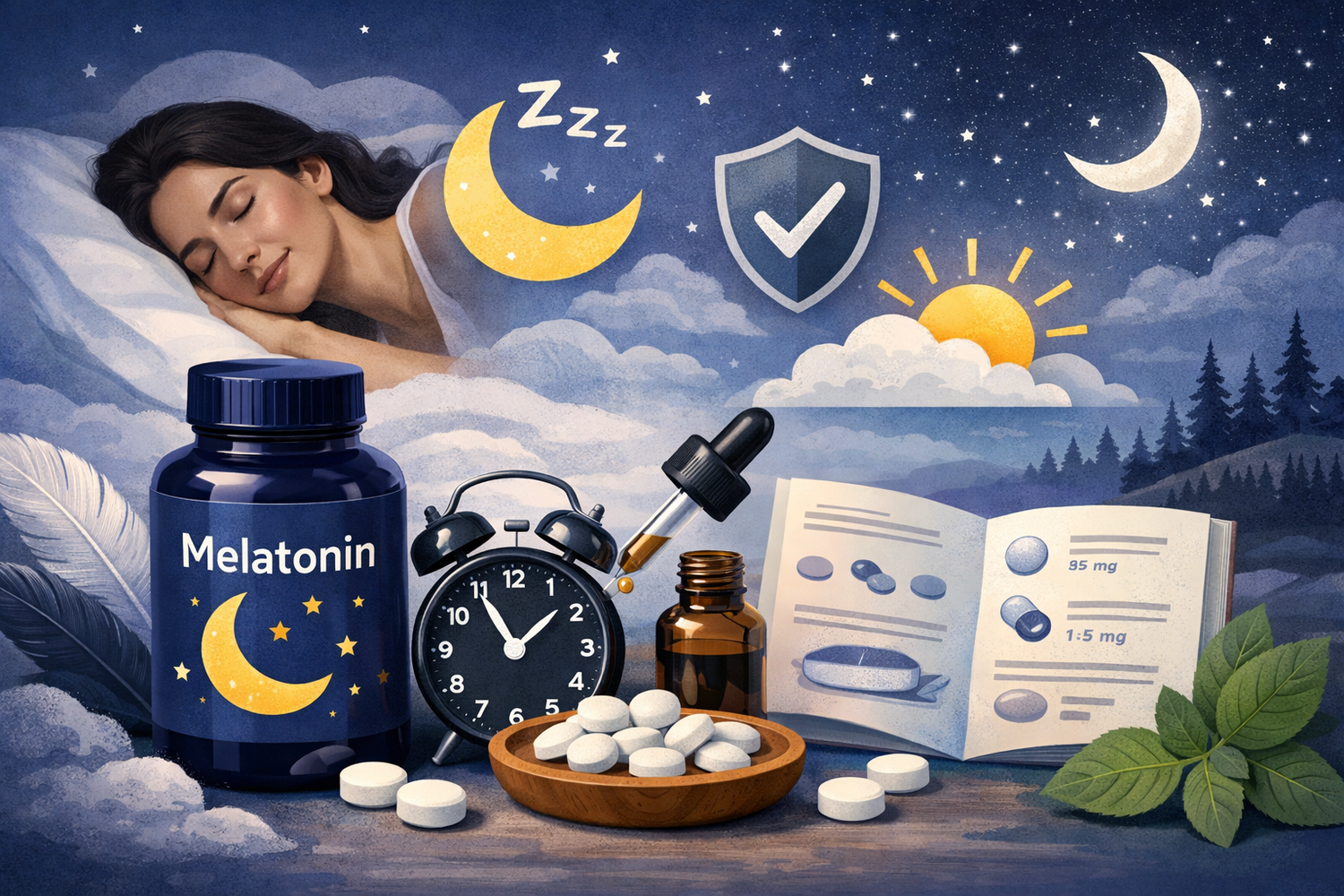
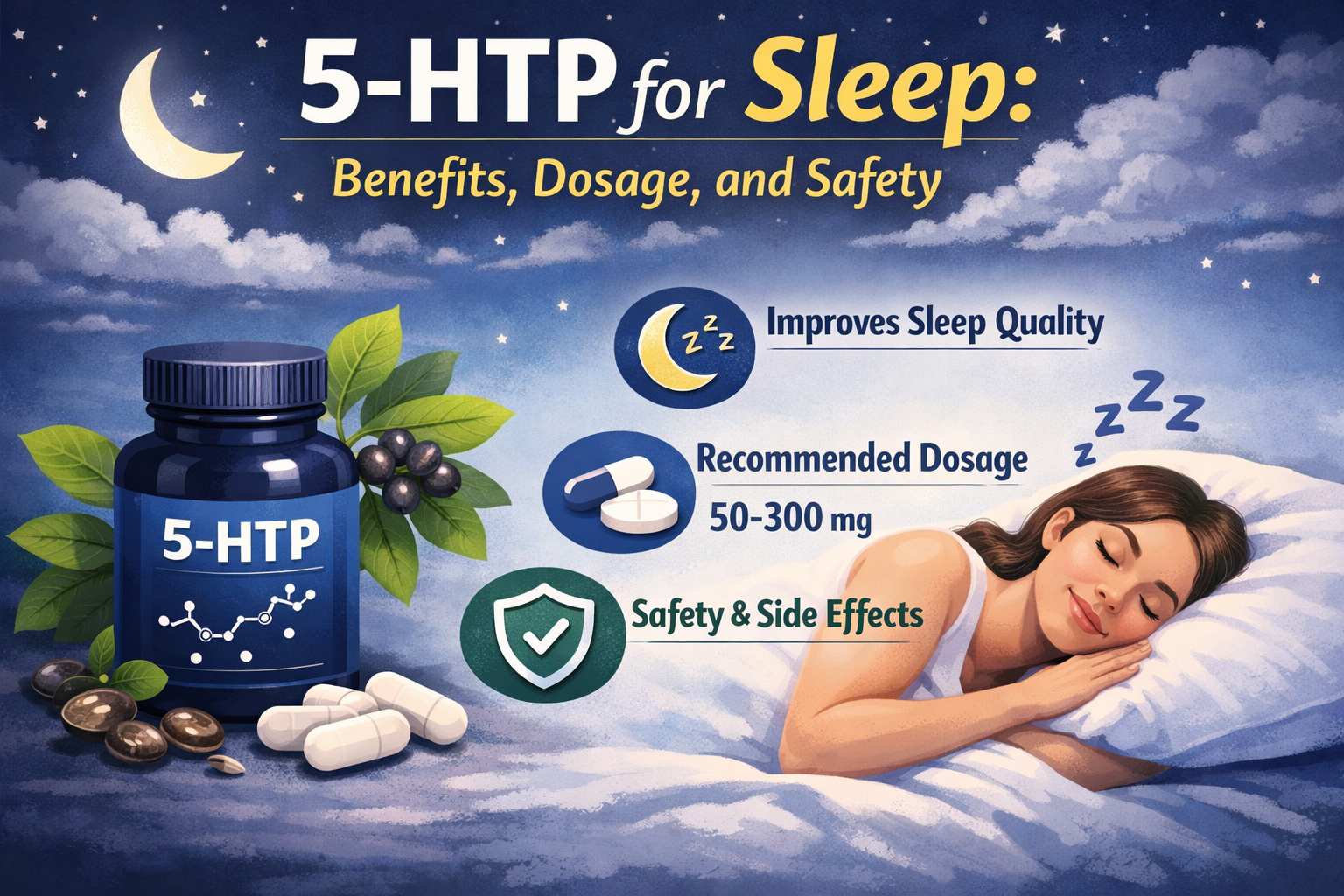
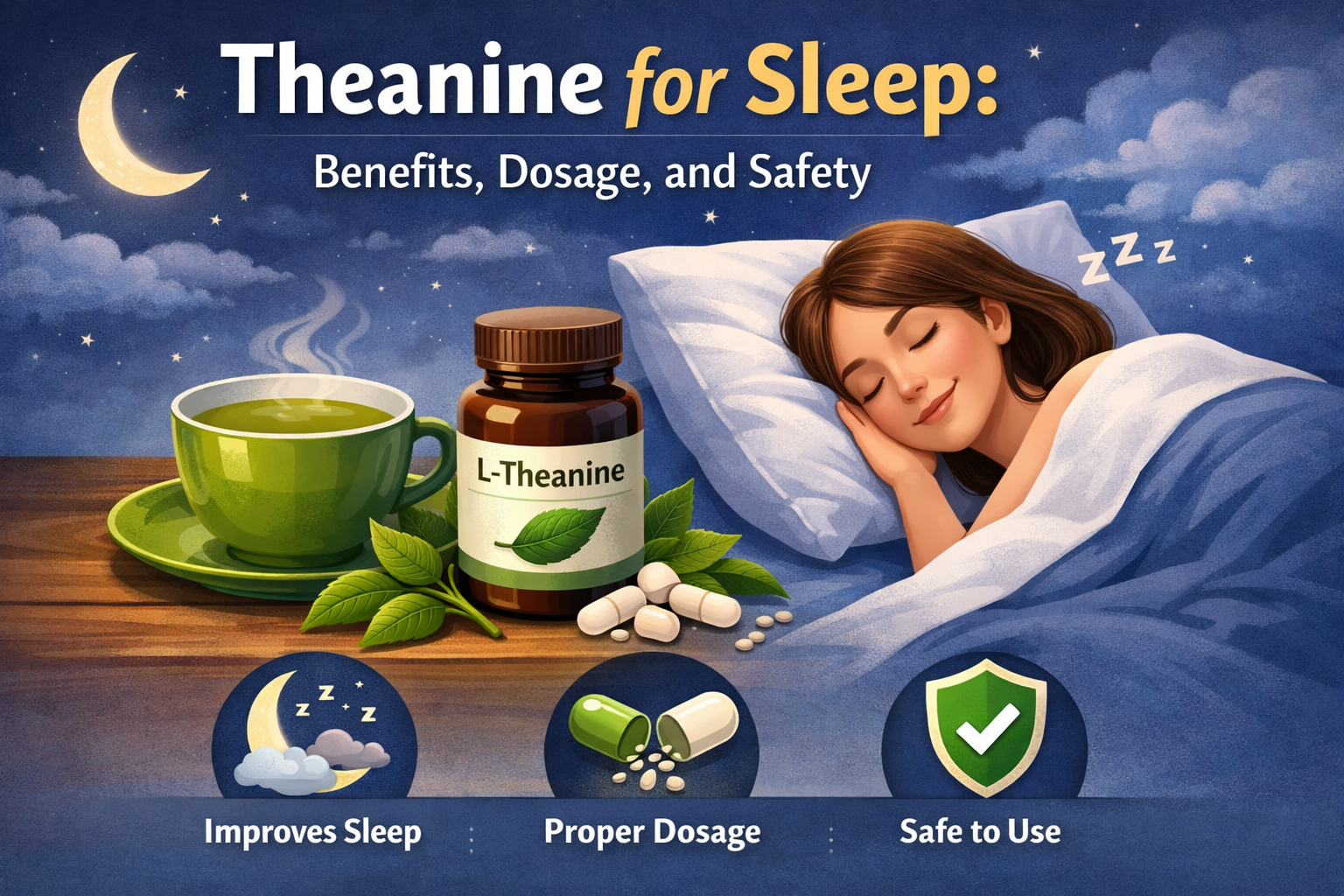
Leave a comment
This site is protected by hCaptcha and the hCaptcha Privacy Policy and Terms of Service apply.